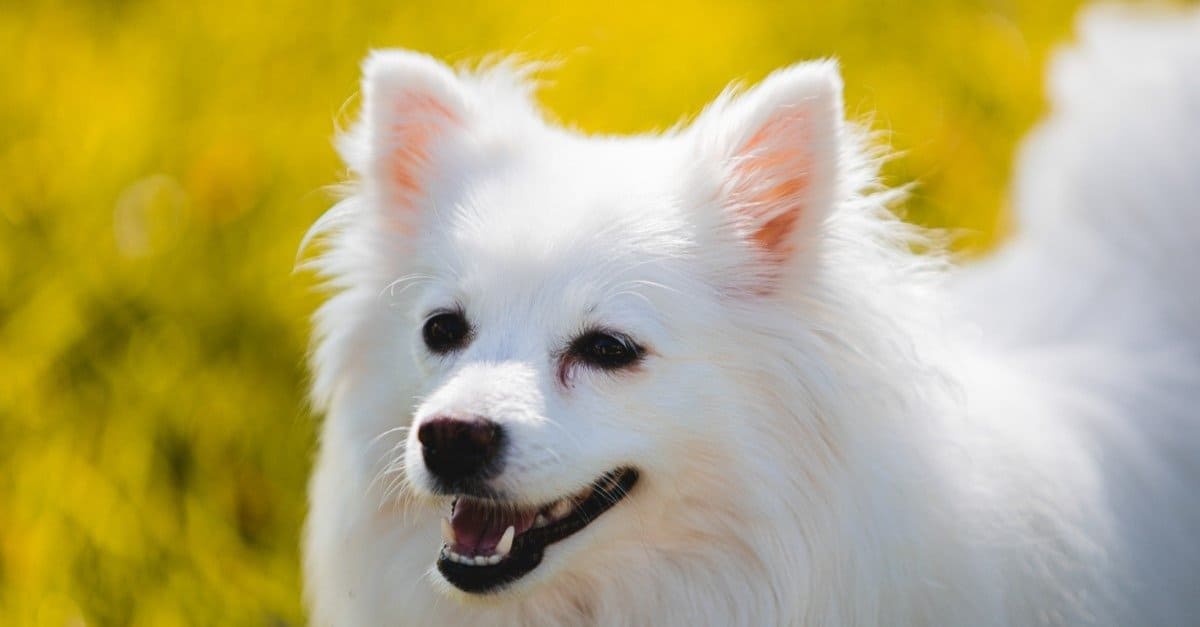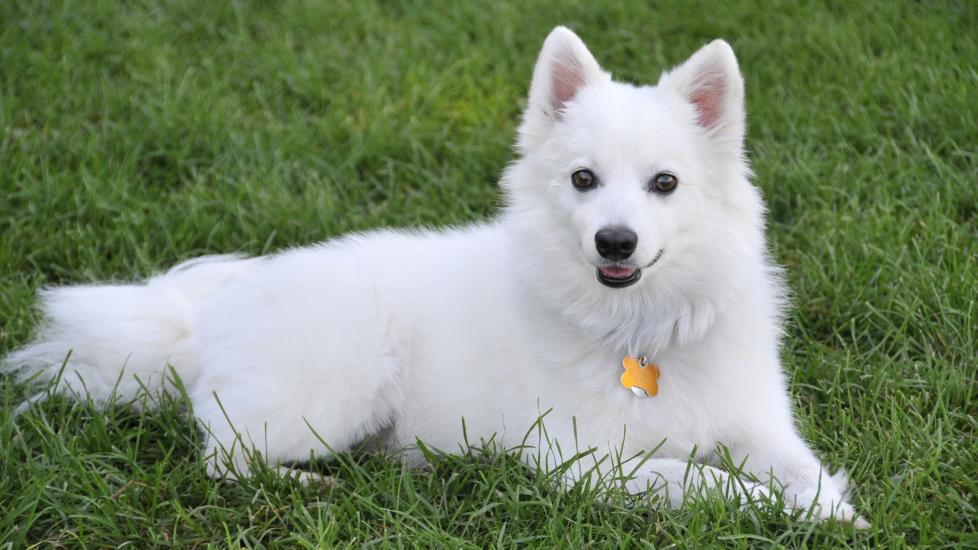Eskimo dog breed, also known as the Alaskan Malamutes, are majestic and powerful creatures that have been bred for centuries to withstand the harsh Arctic climate. These dogs are known for their incredible strength and endurance, which makes them excellent sled dogs. To maintain their energy levels and overall health, it is crucial to provide them with a well-balanced and nutritious diet.
1. High-Quality Protein
Protein is an essential component of a dog’s diet, especially for Eskimo dogs who have high energy requirements. It is important to provide them with a diet that is rich in high-quality protein sources. This can include lean meats like chicken, turkey, and beef, as well as fish such as salmon or mackerel. Including organ meats like liver or kidney in their diet can also provide additional nutrients.
When feeding your Eskimo dog protein, it is essential to ensure that it is cooked thoroughly and does not contain any bones. Raw meat can pose a risk of bacterial contamination, and bones can be a choking hazard or cause intestinal blockages.
2. Healthy Fats
Fats are a vital source of energy for Eskimo dogs and play a crucial role in maintaining their skin and coat health. Including healthy fats in their diet can help promote a shiny and lustrous coat. Good sources of healthy fats include fish oil, flaxseed oil, and coconut oil.
It is important to note that while fats are an important part of a dog’s diet, they should be given in moderation. Overfeeding fats can lead to weight gain and other health issues, so it is essential to consult with a veterinarian to determine the appropriate amount for your Eskimo dog.
3. Complex Carbohydrates
Complex carbohydrates are an excellent source of sustained energy for Eskimo dogs. Including carbohydrates like sweet potatoes, brown rice, and whole grains in their diet can provide them with the necessary energy to support their active lifestyle.
It is important to note that while carbohydrates are beneficial, they should not be the primary component of an Eskimo dog’s diet. The majority of their calories should come from protein and healthy fats. Carbohydrates should be included in moderation and balanced with other nutrient-rich foods.
4. Fruits and Vegetables
Just like humans, dogs can benefit from the vitamins, minerals, and antioxidants found in fruits and vegetables. Including a variety of fruits and vegetables in your Eskimo dog’s diet can help support their overall health and well-being.
Some safe and healthy options include carrots, blueberries, apples, and green leafy vegetables like spinach or kale. However, it is important to avoid feeding them toxic foods like grapes, raisins, onions, and garlic, as these can be harmful to dogs.
5. Avoiding Harmful Foods
While it is essential to provide Eskimo dogs with a nutritious diet, it is equally important to avoid feeding them foods that can be harmful to their health. Some foods that should be avoided include:
- Chocolate: Chocolate contains theobromine, which is toxic to dogs and can cause various health issues.
- Onions and Garlic: These foods can damage a dog’s red blood cells and lead to anemia.
- Grapes and Raisins: These fruits can cause kidney failure in dogs.
- Avocado: Avocado contains a substance called persin, which is toxic to dogs.
- Caffeine: Caffeine can be dangerous for dogs and can cause elevated heart rate, tremors, and seizures.
It is always best to consult with a veterinarian to determine the specific dietary needs of your Eskimo dog and to ensure that they are not consuming any harmful foods.
Frequently Asked Questions
What Is The Typical Diet Of Eskimo Dogs?
Eskimo dogs typically eat a diet consisting of raw meat, fish, and high-protein kibble.
Can Eskimo Dogs Eat Vegetables And Fruits?
Yes, Eskimo dogs can eat small amounts of vegetables and fruits as part of a balanced diet.
How Often Should Eskimo Dogs Be Fed?
Eskimo dogs should be fed twice a day with a consistent feeding schedule to maintain their health.
Is It Safe To Feed Eskimo Dogs With Bones?
Feeding raw bones to Eskimo dogs can be safe, but cooked bones should be avoided due to the risk of splintering.
Conclusion
Feeding your Eskimo dog a well-balanced and nutritious diet is essential for their overall health and well-being. Providing them with high-quality protein, healthy fats, complex carbohydrates, and a variety of fruits and vegetables can help support their energy levels, maintain a shiny coat, and promote overall health.
Remember to always consult with a veterinarian to determine the specific dietary needs of your Eskimo dog and to ensure that they are not consuming any harmful foods. By providing them with the right diet, you can help your Eskimo dog live a long, happy, and healthy life.


